Table of contents
Testosterone is a man’s main sex hormone that is produced in the testicles. It is an important component of many bodily functions including muscle development, hair growth, sexual function, sperm production, and more. In this blog, we cover why a healthy amount of testosterone is important for fertility.
Having low testosterone can have a multitude of effects including male fertility. It can cause them to have a low sex drive, as well as having fewer or weaker erections. But most importantly, low testosterone can affect male fertility and the sperm's ability to fertilize an egg.
What Causes Low Testosterone?
There are a few different reasons why a man might experience low testosterone levels at different times in his life. Here are some of the most common reasons why testosterone levels might have dipped.
Hormonal Imbalances
Testosterone is a hormone made in the testicles. If there is an issue with testosterone, it is important to rule out any hormonal imbalances.
If a man has underactive testes then he might experience lower testosterone levels, and this condition is called primary hypogonadism. Primary hypogonadism can be caused by illness, accident, or can be an inherited trait.
Commonly inherited conditions of primary hypogonadism include:
- Undescended testicles
- Klinefelter’s syndrome
- Hemochromatosis
While common damage to the testicles can be caused from:
- Cancer treatments (chemotherapy and radiation),
- Mumps infection
- Physical injury to both testicles
Another type of hormonal imbalance that causes low testosterone levels is called secondary hypogonadism. This is when the hormonal imbalance is not in the testicles but in the brain.
The hypothalamus is a part of the brain that produces GnRH (gonadotropin-releasing hormone) which sends a signal to the pituitary gland to begin producing the two most important male fertility hormones, LH (luteinizing hormone) and FSH (follicle-stimulating hormone). FSH is what triggers the production of sperm cells, while LH is what tells the testicles to begin the production of testosterone, which is needed for sperm production.
If there is any damage to the pituitary gland or hypothalamus you could see how that might cause a bit of havoc in regards to testosterone and healthy sperm production. Common causes of secondary hypogonadism include:
- Pituitary disorders caused by drug use, kidney issues, or tumours.
- Kallmann syndrome
- Inflammatory diseases
- HIV/AIDS
Taking Testosterone
Men take testosterone for a variety of different reasons including treating hypogonadism. However, taking a testosterone replacement could be affecting your fertility. This is because when you are taking testosterone your brain begins to believe that its job is done. This causes the production of GnRH to slow down, resulting in the pituitary gland no longer firing signals to begin the production of the reproductive hormones, LH and FSH. This directly causes sperm production to decrease. Less sperm equals a harder chance of impregnating your partner.
It is important to get hormone levels tested before going on any testosterone replacement. Just because you have the symptoms does not always mean there is only one diagnosis, especially when you hope to father children one day.
Normal Aging
Testosterone production will naturally decrease as a man ages. Age-related changes to testosterone levels are part of male menopause or Andropause. Also commonly referred to as late-onset hypogonadism. This is the decline of the testicular function as well as the hypothalamic-pituitary function. This can result in decreased bone density, lean body mass, and increase the man’s chances of developing metabolic syndrome and cardiovascular disease.
This is when many men choose to begin testosterone replacement therapy as they are no longer concerned with it affecting their fertility. They are usually searching to increase strength and libido.
Obesity
Being overweight can affect a person’s hormone levels in all types of ways. But one to watch for as a male are hormonal changes that affect sperm motility and production. Stomach fat can begin to convert testosterone into estrogen, which is the female sex hormone. If you’re experiencing male infertility you might try shedding those few extra pounds to reignite testosterone and sperm production.
Medications & Drugs
There is a strong link between using narcotic pain medications or steroids and hypogonadism. Similar effects have also been found with using recreational drugs such as marijuana. If you are taking any medication or drugs at all, it is important to talk to your doctor. They can help you come up with a new treatment plan, or suggestions to increase fertility.
How to Increase Testosterone Naturally
It is always important to speak to your physician about the possibility of hypogonadism and low testosterone levels. If you are suffering from low testosterone and it is affecting your fertility there are a few natural supplements that could help.
Tongkat Ali: This is a natural supplement that comes from the roots of the Eurycoma longifolia tree. It is known as a natural testosterone booster as well as reducing hormonal symptoms that come with Andropause such as muscle weakness. It can also be used to treat fevers, erectile dysfunction, and bacterial infections.
Tribulus Terrestris: This is a small leafy plant that is commonly used as a supplement to boost libido as well as keeping the urinary tract healthy and reducing inflammation. It is a great natural remedy that has been used in Chinese and Indian medicine for decades.
Ginseng: Ginseng is the root of a plant often used to treat sexual dysfunction. Research suggests it improves sperm quality and count. This directly helps male infertility as healthy sperm, and lots of it is required to fertilize an egg.
Maca: Maca is a plant related to kale and brussels sprouts. It has been found to help with different types of sexual dysfunction as well as increasing sex drive in both men and women. In a recent study, maca was found to increase sperm motility, sperm count, sperm count per ejaculation, and motile sperm count.
Diindolylmethane: Or DIM for short, is a plant compound found in all cruciferous vegetables like broccoli, cabbage, cauliflower etc. DIM produces ‘good’ estrogen metabolites, which work to directly maintain a slightly higher ‘free’ testosterone level. Free testosterone is testosterone that is more active.
Elevate Testosterone and Libido Naturally
If you’re currently experiencing male infertility and are looking for natural ways to boost testosterone, libido, sperm count and motility then you must try MedTesto. This is an all-natural testosterone supplement that can be used for men looking to subside their male menopause symptoms or to support male fertility. Medtesto supports emotional, physical, and mental aspects of sexual health as well as promoting testosterone production in men.
Elan Healthcare produces a wide variety of supplements with effective vitamins and minerals for men’s and women’s reproductive health. Visit Elan’s products page to learn more or Contact Us with any questions.
References:
1 - Hypogonadism. Reviewed by Wisse B, Zieve D, and Conaway B. Reviewed Aug 2020.
2 - Klinefelter syndrome. Genetics Home Reference by MedlinePlus. Page updated Sept 2020.
3 - What is hemochromatosis. By Kahn A., and medically reviewed by Cassoobhoy A. Updated Nov 2020.
4 - Gonadotrophin-releasing hormone. You and Your Hormones by the Society for Endocrinology. Reviewed Feb 2018.
5 - What is Luteinizing Hormone? Hormone Health Network. Published Oct 2021.
6 - Follicle-stimulating hormone. You and Your Hormones by the Society for Endocrinology. Reviewed Feb 2018.
7 - Age-Related Testosterone Decline is due to Waning of Both Testicular and Hypothalamic-Pituitary Function. By Golan R., M. Scovell J, and Ramasamy R. Published June 2015.
8 - Hypogonadism associated with long-term opioid therapy: A systematic review. By Birthi P, Nagar VR, Nickerson R, Sloan PA. Published May 2015.
9 - Recreational drugs and male fertility. By Kulkarni M, Hayden C and Kayes O. Published Sept 2014.
10 - Tongkat Ali as a potential herbal supplement for physically active male and female seniors--a pilot study. By Henkel RR, Wang R, Bassett SH, Chen T, Liu N, Zhu Y, Tambi MI. Published June 2013.
11 - Tribulus terrestris. Examine.com Inc. Reviewed by Patel K. Page updated June 2021.
12 - Ginseng and male reproductive function. By Leung KW, Wong AS. Published Sept 2013.
13 - Lepidium meyenii (Maca) improved semen parameters in adult men. Gonzales GF, Cordova A, Gonzales C, Chung A, Vega K, Villena A. Published Dec 2001.



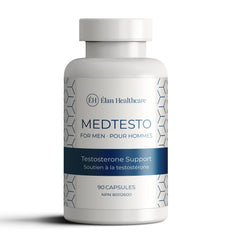
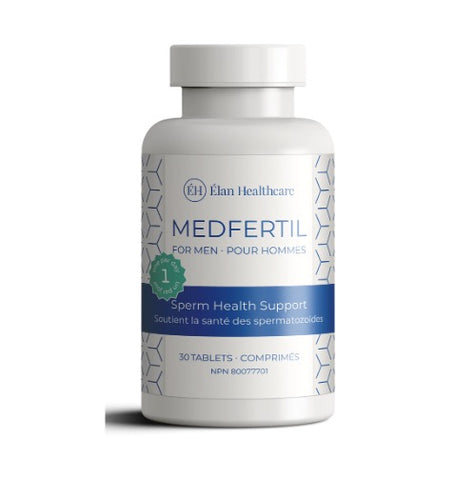
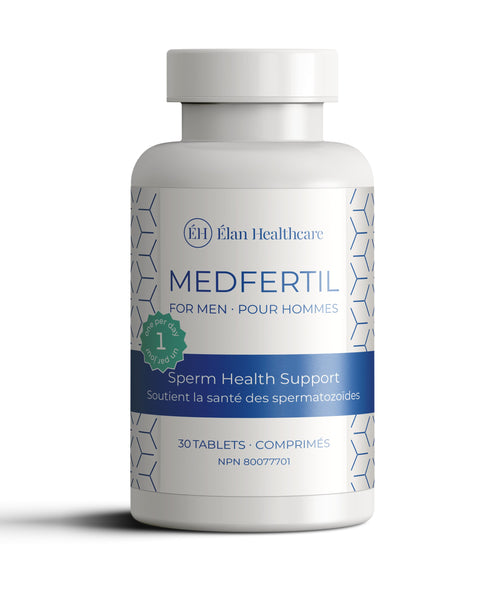
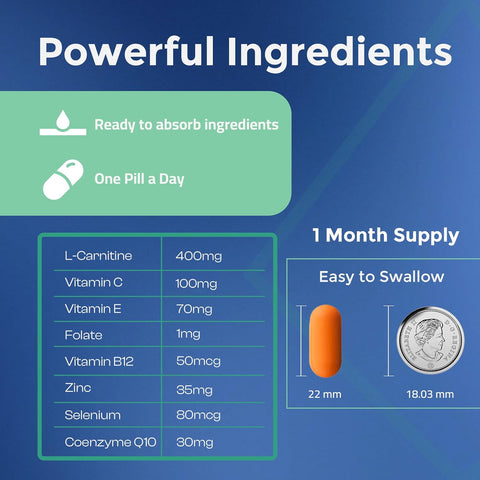
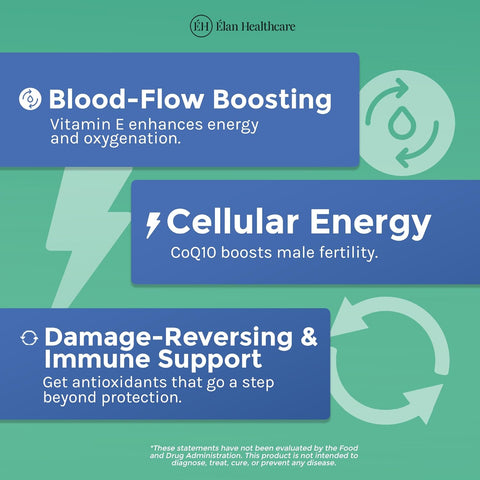
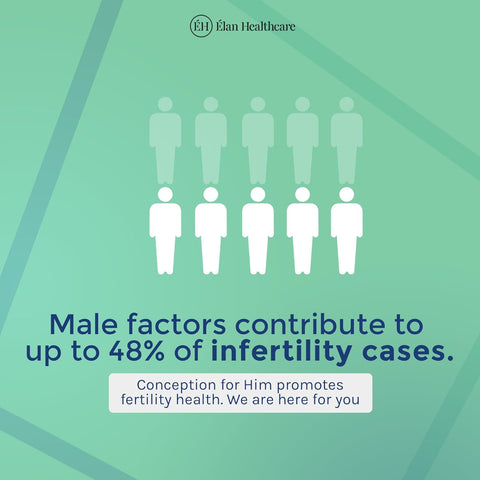
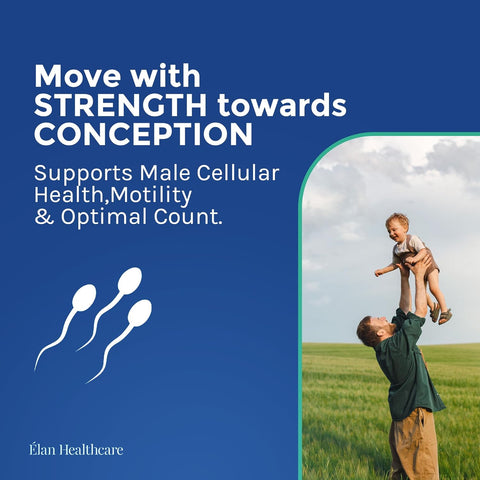
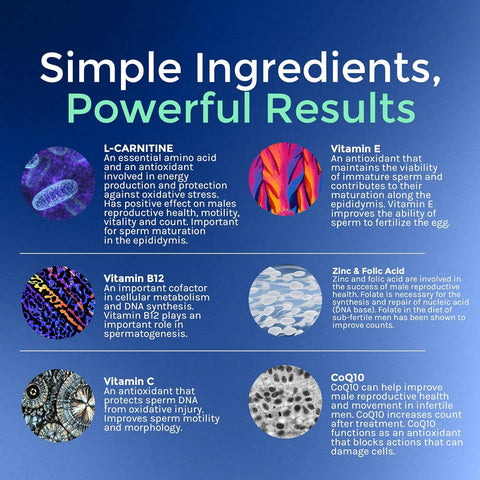
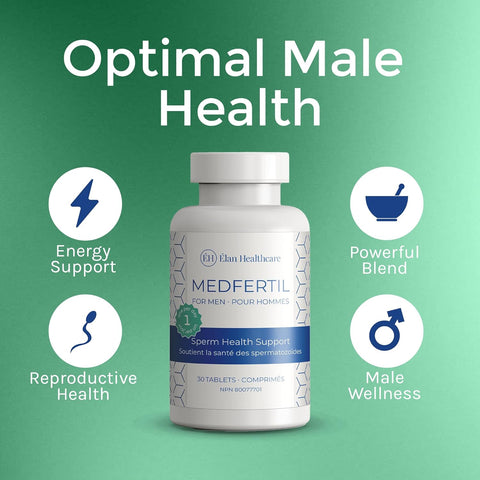








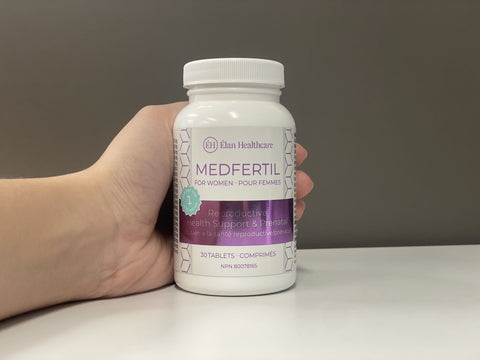

No comments yet.
There are no comments for this article. Be the first one to leave a message!
+ Open to leave a Comment